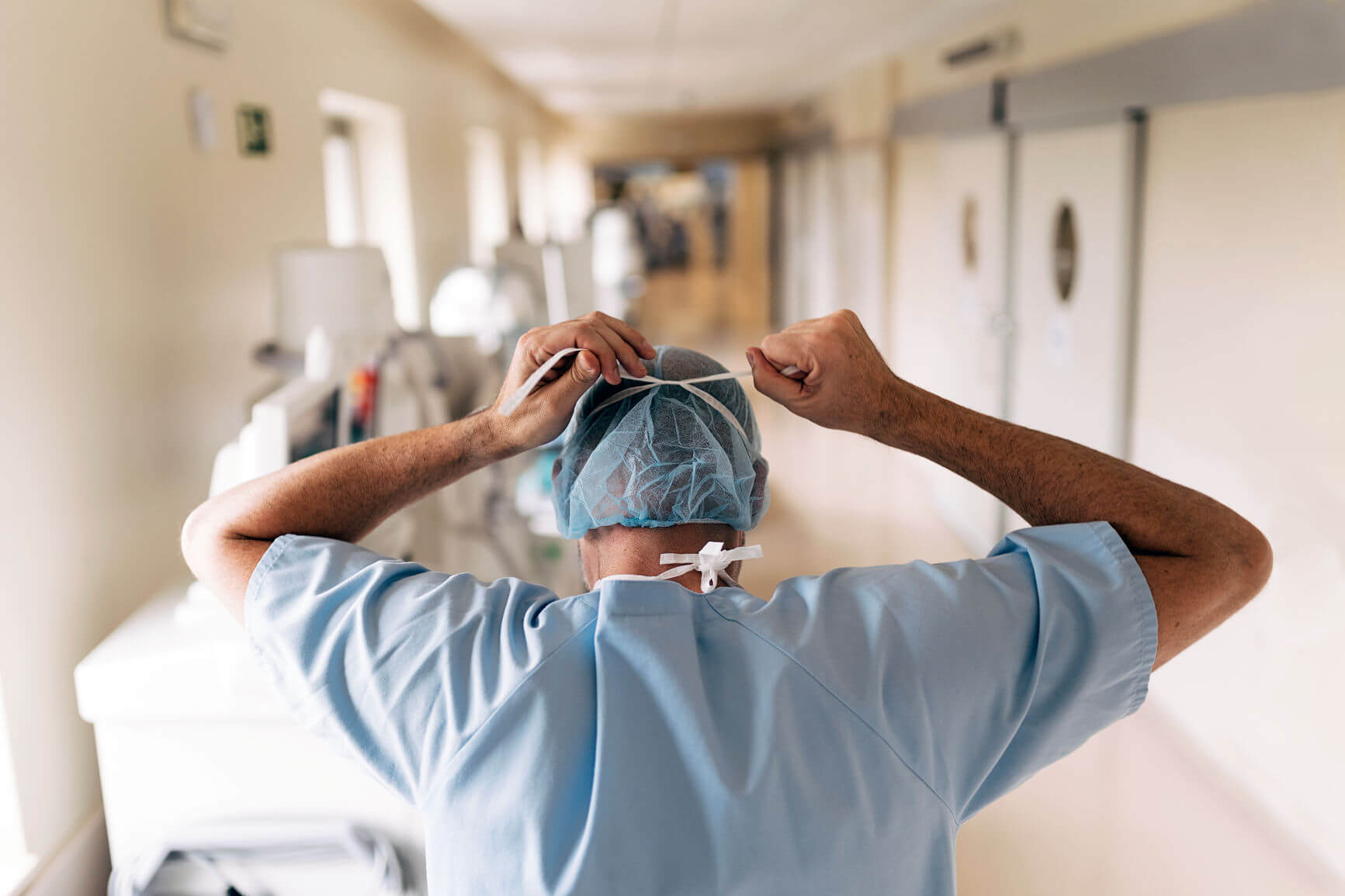Coronavirus strain 2019-nCoV has reached the United States.
According to the World Health Organization, “common signs of infection include respiratory symptoms, fever, cough, shortness of breath and breathing difficulties. In more severe cases, infection can cause pneumonia, severe acute respiratory syndrome, kidney failure and even death.” Currently, there is no specific treatment for this virus and no vaccine to prevent it.
Employers may want to consider reviewing guidance from the Centers for Disease Control and Prevention (CDC) and the World Health Organization (WHO).
Travel advice from the CDC can be found here. In summary, the CDC recommends avoiding nonessential travel to Wuhan, Hubei Province, China. Chinese officials have closed transport in and out of Wuhan, including buses, subways, trains, and the airport. Remain alert if traveling to other parts of China by practicing the following precautions from the CDC:
- Avoid contact with sick people.
- Avoid animals (alive or dead), animal markets, and products that come from animals (such as uncooked meat).
- Wash hands often with soap and water for at least 20 seconds. Use an alcohol-based hand sanitizer if soap and water are not available.
The CDC also recommends that travelers who visited China in the last 14 days and feel sick with fever, cough, or difficulty breathing, do the following:
- Seek medical care right away. Before going to a doctor’s office or emergency room, call ahead and tell the health professionals about recent travel and health symptoms.
- Avoid contact with others.
- Do not travel while sick.
- Cover mouth and nose with a tissue or sleeve (not hands) when coughing or sneezing.
- Wash hands often with soap and water for at least 20 seconds or use an alcohol-based hand sanitizer if soap and water are not available.
Employers may wish to consider the following practices:
- monitoring the situation and adopting protocols recommended by the WHO and CDC;
- encouraging employees to visit the WHO and CDC websites;
- informing employees of the symptoms of the coronavirus;
- reinforcing or implementing safety policies and procedures for handling bodily fluids, if applicable;
- providing contact information for reporting coronavirus-related concerns; and
- remaining mindful of occupational safety and health regulations if respirators or face masks are offered to employees.
Ogletree Deakins will continue to monitor developments affecting employers and will post updates on the firm’s Workplace Safety and Health blog.






